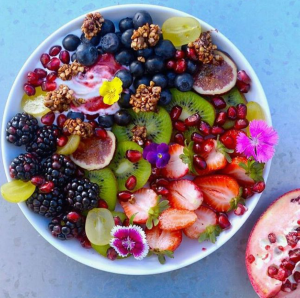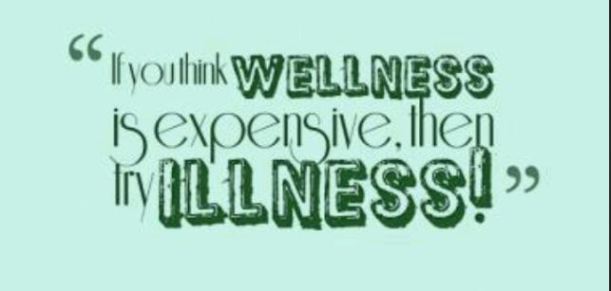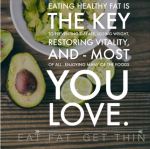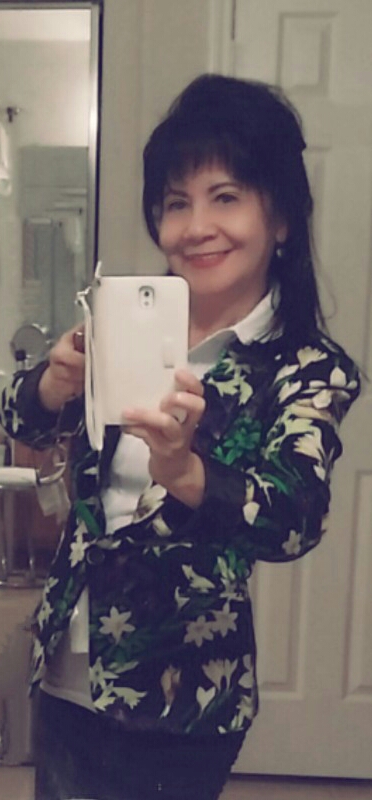
Two days ago, I went to see my primary doctor for a 6 months checkup and refill of my blood pressure medication. I’ve been trying to stop taking it for the sole reason that I want to lower my blood pressure naturally. However, my blood pressure the past days for my systolic seemed to be elevated and I was trying to figure out if it was because I stopped taking my BP med. My systolic reading was around 138 to 140 in the morning. And I thought it was high, as I was getting systolic readings of 126, 127, 130 to 134 before I stopped taking my BP med.
I was running out of my med, so I’ve decided to see my doctor. He was glad that I maintained my weight. I told him that the chest pain I was having before was completely gone after I stopped drinking anything with caffeine, especially coffee and tea. My doctor said that I’m having a bad reaction to it. I referred to the pain as angina and he told me that I should not use that word as I do not have it. It is a heart disease and other doctors may misunderstand me.
My doctor conveyed to me that there were some research studies done about blood pressure measurements that was discussed at the doctors convention he attended. I knew pretty much what he was going to tell me as I’ve read these reports online. In my case, since I do not have other health issues or chronic conditions, the 3 months worth of BP readings I shared with him via my daily log were great. He told me not to worry so much of my blood pressure even if my systolic goes up to 150 from time to time. He believes I should keep taking my low dose of BP med and we will take it from there. He knows that I’ve changed my diet and started eating more veggies and fruits and that I am proactive in regards to my health. 
I was ecstatic! Finally, a conventional doctor I’m seeing is accepting the change of times in the medical field. There’s hope for conventional doctors. High blood pressure is a serious condition and millions of people in the world have them and they do not know that they are walking time bombs as HBP is a silent killer that lead to massive heart attack or stroke.
One of the reports I’ve read about the changes on blood pressure measurement, I copied and posted below to remind myself and this great news. The link to the website where I gathered the information from, I’ve attached and posted here.

“Whom does this study affect?
SPRINT focused on a specific group of people with hypertension: those 50 and older with at least one other chronic condition, such as heart disease or kidney disease (both of which raise heart attack and stroke risks), and those 75 and older. Of every six people with high blood pressure, only about one of them is in such a high-risk group.
If you are in that group, talk with your doctor about whether lowering your systolic blood pressure to 120 is worth the risk, says Harlan Krumholz, a cardiologist at Yale University. If you’re not in that group, based on these new findings, you may not need to aim for such a low number.
Also talk with your doctor about making lifestyle changes that can help reduce blood pressure. Those are especially important for people like those in the group studied in SPRINT.
For the rest of us . . .
If you’re not in one of the previously mentioned high-risk categories, what should your blood pressure be? Consumer Reports’ medical experts consider 150/90 a reasonable goal for most people age 60 to 75 who don’t have other risk factors. They suggest a goal of 140/90 for people younger than 60, those with diabetes and those younger than 50 with chronic kidney disease.
Those numbers are based on recommendations from an independent expert panel convened by the NHLBI. The panel noted that achieving levels below 140/90 can require additional blood pressure drugs or high doses. That increases the risk of the previously mentioned side effects and — depending on the drugs — problems such as persistent coughing, erectile dysfunction and frequent urination.
But be sure of your numbers.
Uncertain about your blood pressure? Get it measured, even if you think it’s fine. The U.S. Preventive Services Task Force recommends that everyone 18 and older be screened for hypertension. Having high blood pressure generally causes no obvious symptoms, so an estimated one-fifth of American adults with the problem don’t know they have it.
Surprisingly, the most accurate way to measure your blood pressure is not at your doctor’s office. Up to 30 percent of people receive an incorrect diagnosis of high blood pressure, often because their blood pressure is normal at home but spikes in a doctor’s office, perhaps because of anxiety. Blood pressure can also fluctuate depending on such factors as sitting position, bladder fullness and placement of the monitor’s cuff.
The gold standard for measuring blood pressure — a method known as ambulatory monitoring — involves wearing a small, doctor-prescribed device that records your blood pressure at frequent intervals over 24 hours. But that monitoring isn’t widely available, and insurance might not cover the cost. A good alternative, the task force says, is a home blood pressure monitor. Record levels once in the morning and once in the evening for a week.”



 Cancer Awareness is a thing of the past. The people who started this movement was just in for the money, how much you can donate to be aware of the vicious disease that is cancer. What we all need to know now is how to prevent it, to not be part of the million numbers who survived or got killed by it. How can we not be aware of cancer when what we’ve been reading now is people dying of it. It’s in the papers and all over the internet.
Cancer Awareness is a thing of the past. The people who started this movement was just in for the money, how much you can donate to be aware of the vicious disease that is cancer. What we all need to know now is how to prevent it, to not be part of the million numbers who survived or got killed by it. How can we not be aware of cancer when what we’ve been reading now is people dying of it. It’s in the papers and all over the internet. I have been doing it for months and I’m so used to it that I don’t get hungry anymore during my daily fasting hours. To lose weight, it’s just a matter of how much calories I would eat on the hours I allotted for eating which is breakfast and lunch. To maintain is eating the same amount of calories. To be successful with it, I have to eat what my immune system or my microbiome or gut community would love to eat so they could make my system work properly in absorbing the food I feed them. I’ve stayed with eating lots of raw organic veggies, some organic whole grain, organic and grass fed beef and wild caught fish and seafood. I’ve added a teaspoon of coconut oil to my morning smoothie blend which I have not done in the beginning of my weight loss journey last May of 2015. I’m eating it sparingly as it is a saturated fat, but a good feed for the brain. I’ve used good fats like avocado oil for cooking, and extra virgin oil for my salads. Flax seeds and hemp seeds are my favored seeds to blend with my smoothie and salads.
I have been doing it for months and I’m so used to it that I don’t get hungry anymore during my daily fasting hours. To lose weight, it’s just a matter of how much calories I would eat on the hours I allotted for eating which is breakfast and lunch. To maintain is eating the same amount of calories. To be successful with it, I have to eat what my immune system or my microbiome or gut community would love to eat so they could make my system work properly in absorbing the food I feed them. I’ve stayed with eating lots of raw organic veggies, some organic whole grain, organic and grass fed beef and wild caught fish and seafood. I’ve added a teaspoon of coconut oil to my morning smoothie blend which I have not done in the beginning of my weight loss journey last May of 2015. I’m eating it sparingly as it is a saturated fat, but a good feed for the brain. I’ve used good fats like avocado oil for cooking, and extra virgin oil for my salads. Flax seeds and hemp seeds are my favored seeds to blend with my smoothie and salads.





 And I am no longer a fan of Starbucks for years now. Talking about pesticides and toxins in their coffee!
And I am no longer a fan of Starbucks for years now. Talking about pesticides and toxins in their coffee!


